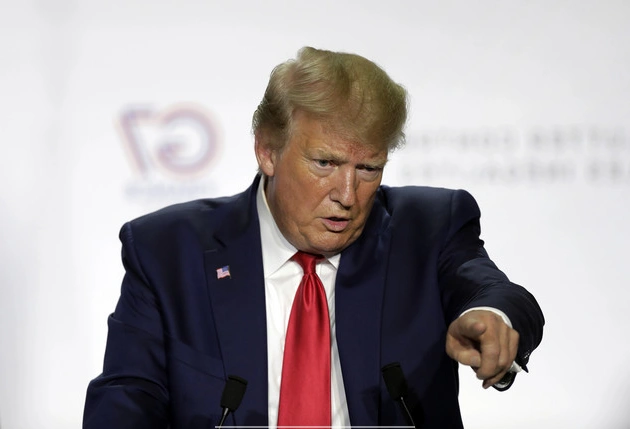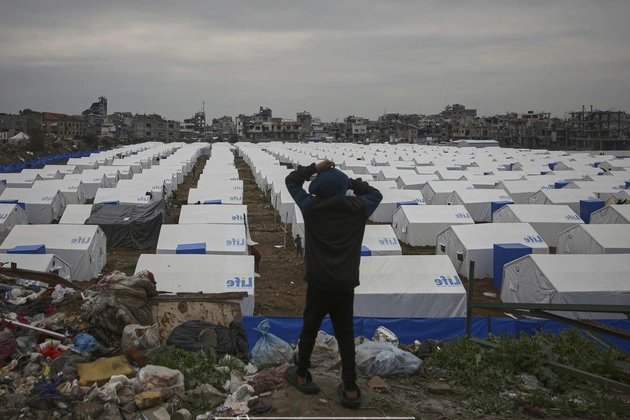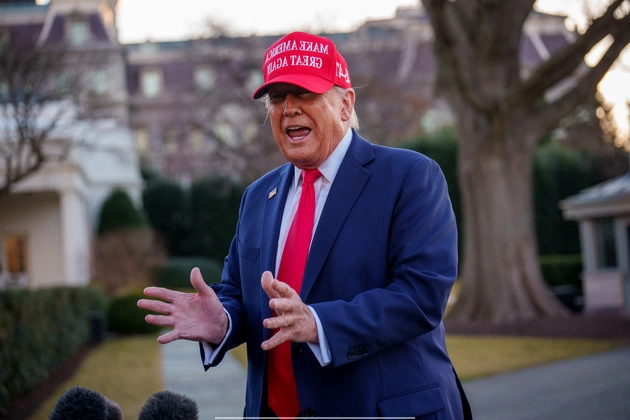
President Donald Trump stirred controversy by suggesting that Russia should rejoin the Group of 7 (G7), an economic and political forum of advanced democracies. Despite being suspended from the G7 in 2014 following its invasion of Ukraine, Trump believes that Russia’s inclusion is crucial for international relations.
The History of Russia’s Membership in the G7
Previously known as the G8, the group consisted of the United States, Canada, France, Germany, Italy, Japan, the United Kingdom, and Russia. However, Russia’s membership was suspended in 2014 after it annexed Crimea and intervened in Ukraine. This led to its official departure from the group in 2018.
The Case for Russia’s Reinstatement
Trump argues that Russia’s exclusion from the G7 may have contributed to the conflict in Ukraine. He contends that having Russia at the table could prevent such crises in the future. The president’s stance has sparked debates among world leaders, with some expressing support for his position.
During a recent phone call with Russian President Vladimir Putin, Trump hinted at a potential meeting in Saudi Arabia to discuss diplomatic solutions for the Ukrainian crisis. This gesture signifies a willingness to engage in dialogue with Russia despite political tensions.
Potential Implications of Russia’s Return
If Russia were to rejoin the G7, it could reshape the dynamics of global diplomacy. The inclusion of a major power like Russia may lead to greater collaboration on pressing issues such as security, trade, and climate change. However, concerns remain about Russia’s adherence to democratic principles and international norms.
As the debate on Russia’s G7 membership continues, it raises fundamental questions about the future of international alliances and the balance of power in the geopolitical landscape. Whether Russia’s reintegration is feasible remains uncertain, but the discussion underscores the complexities of diplomacy in a rapidly evolving world.















